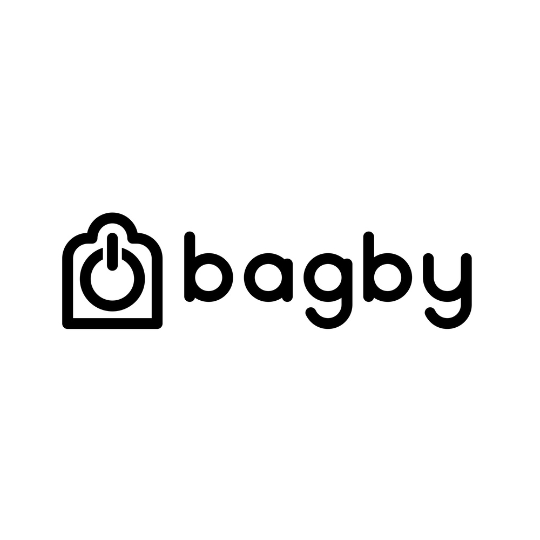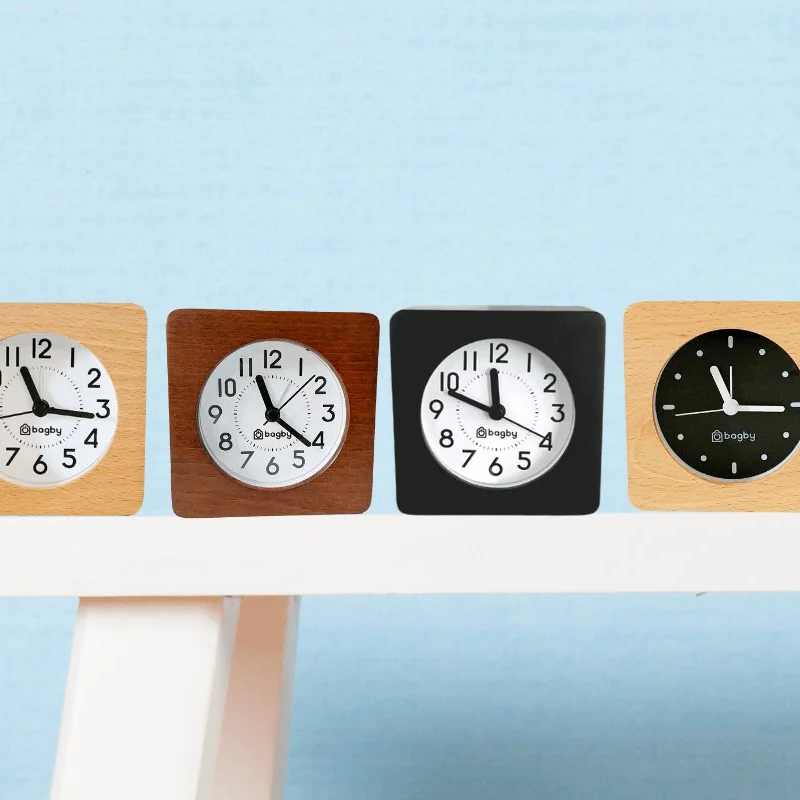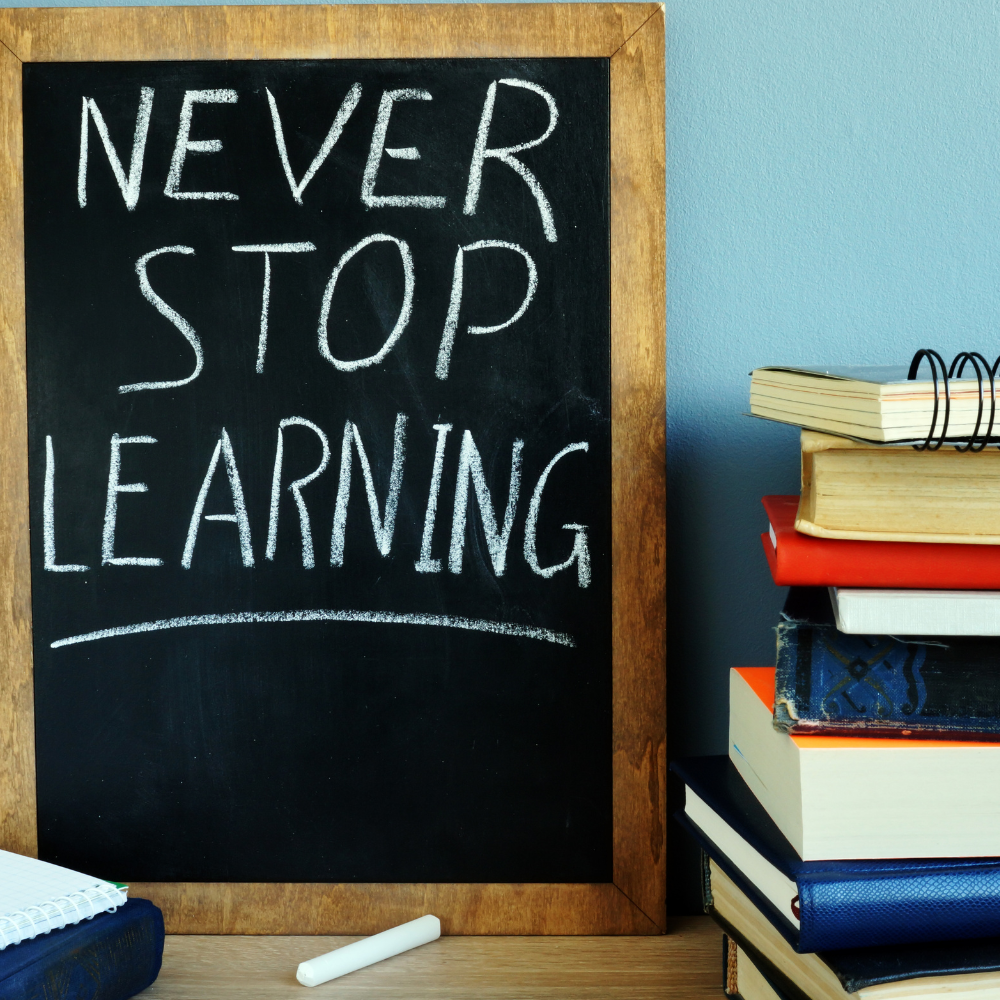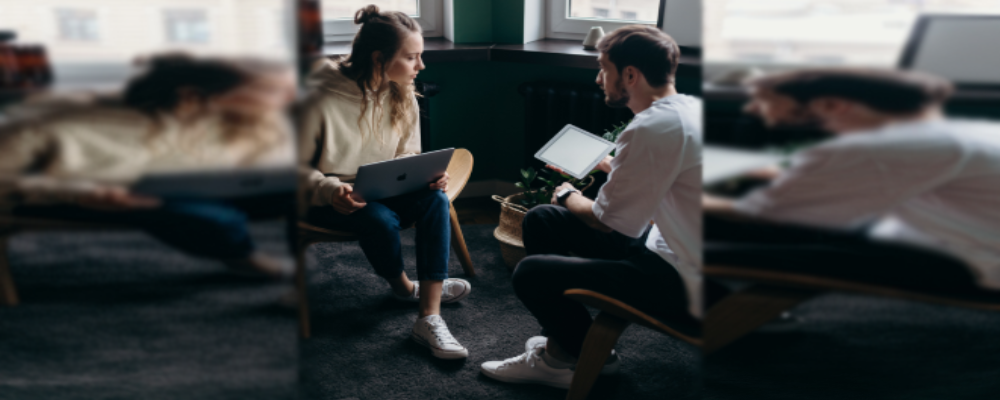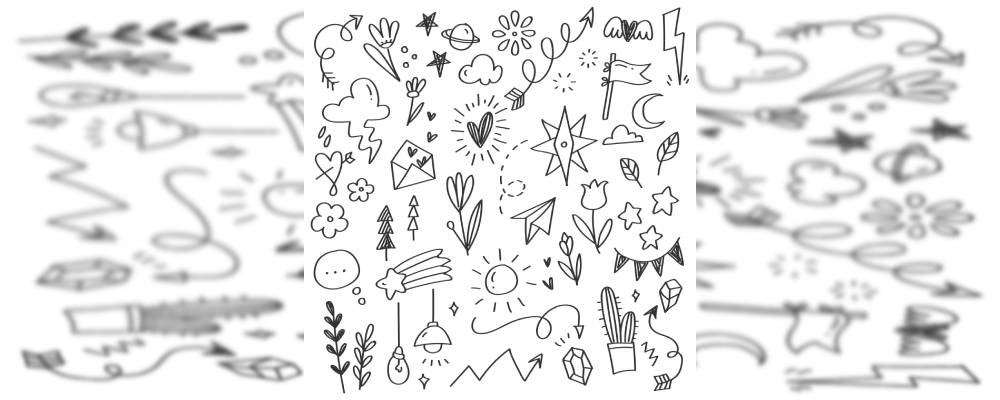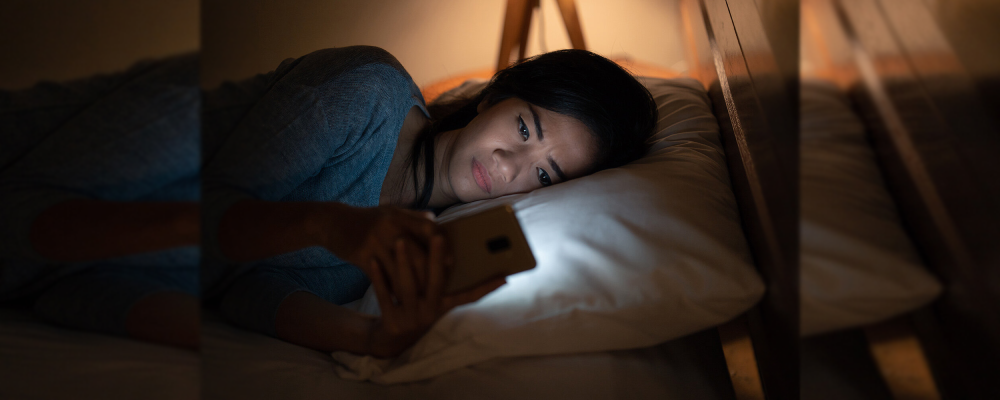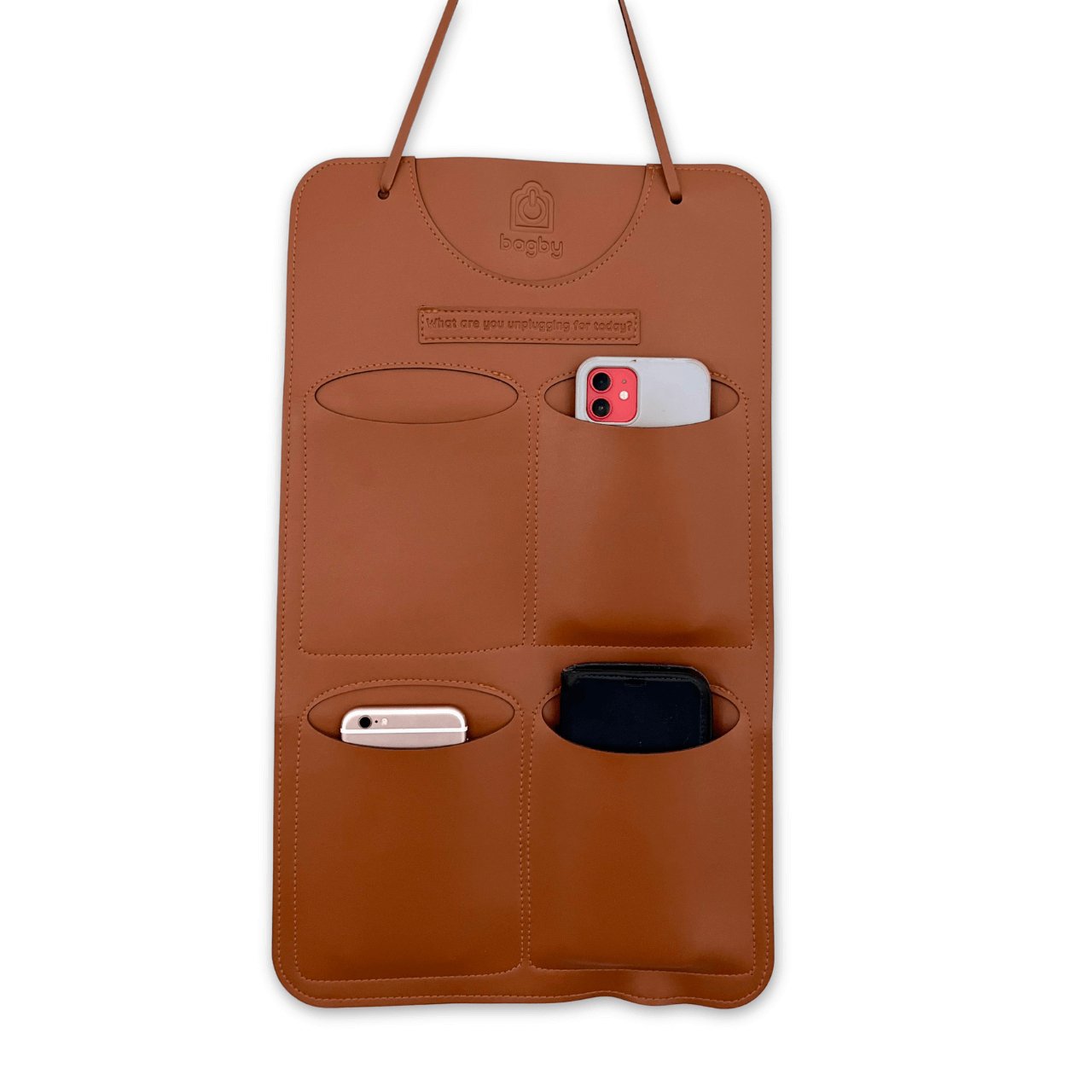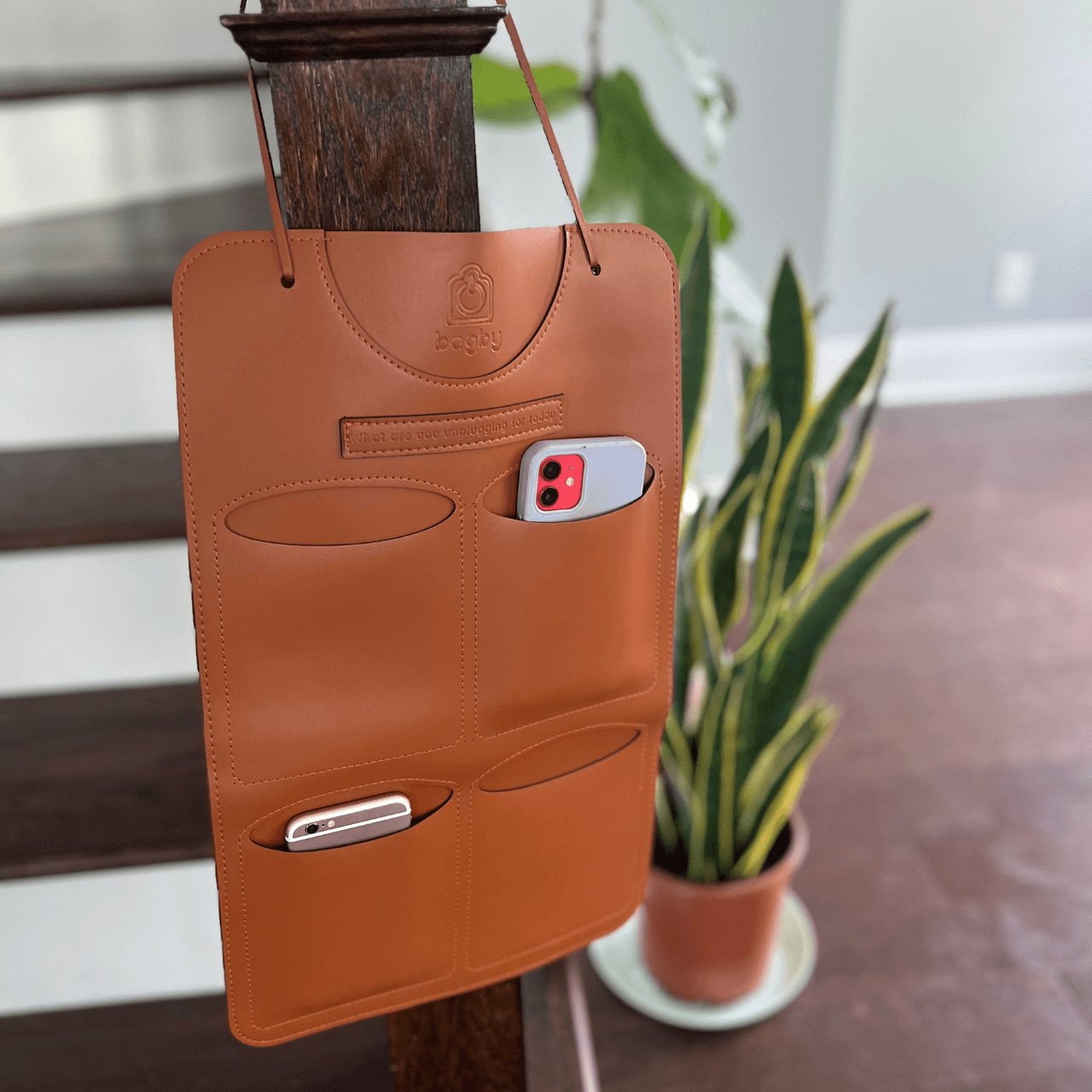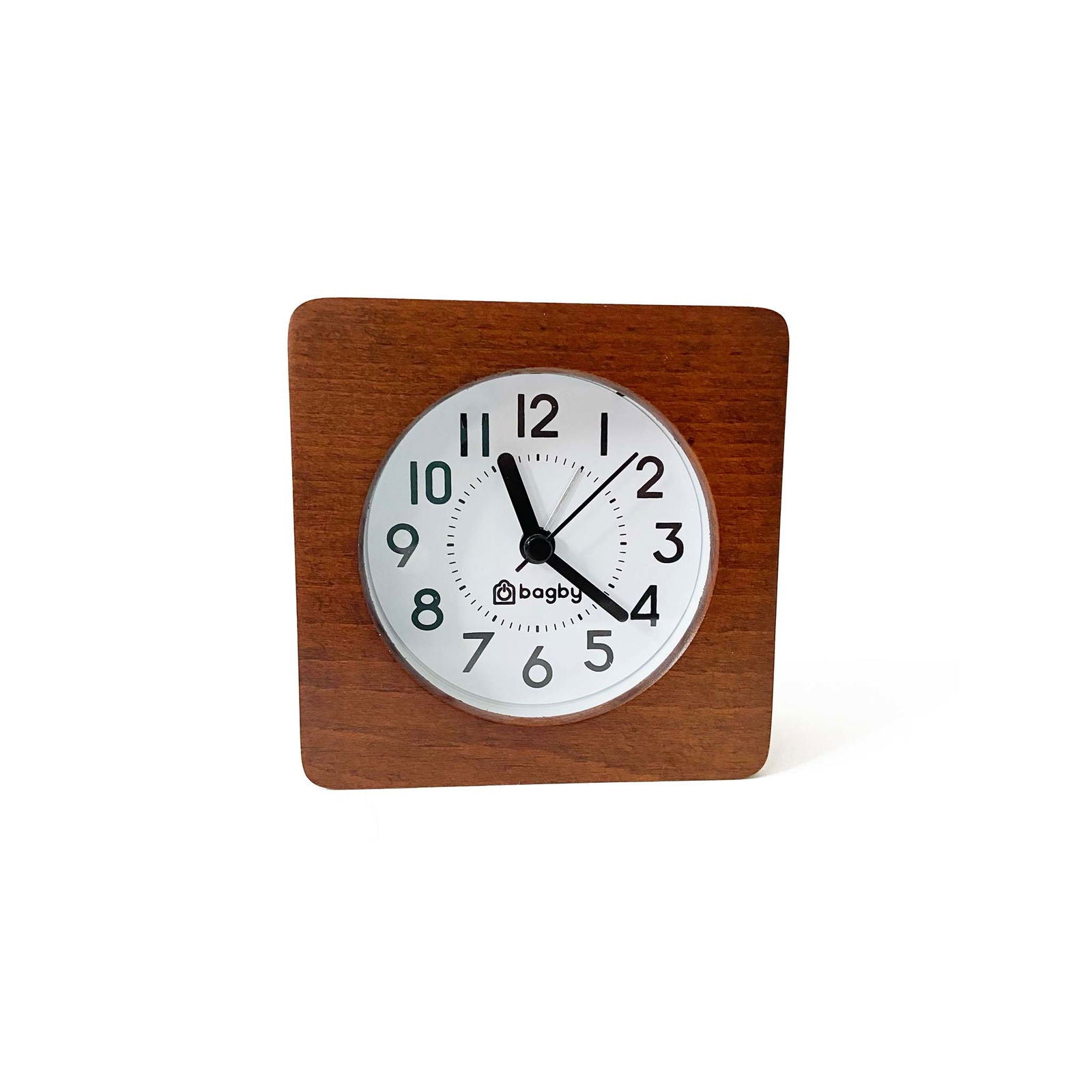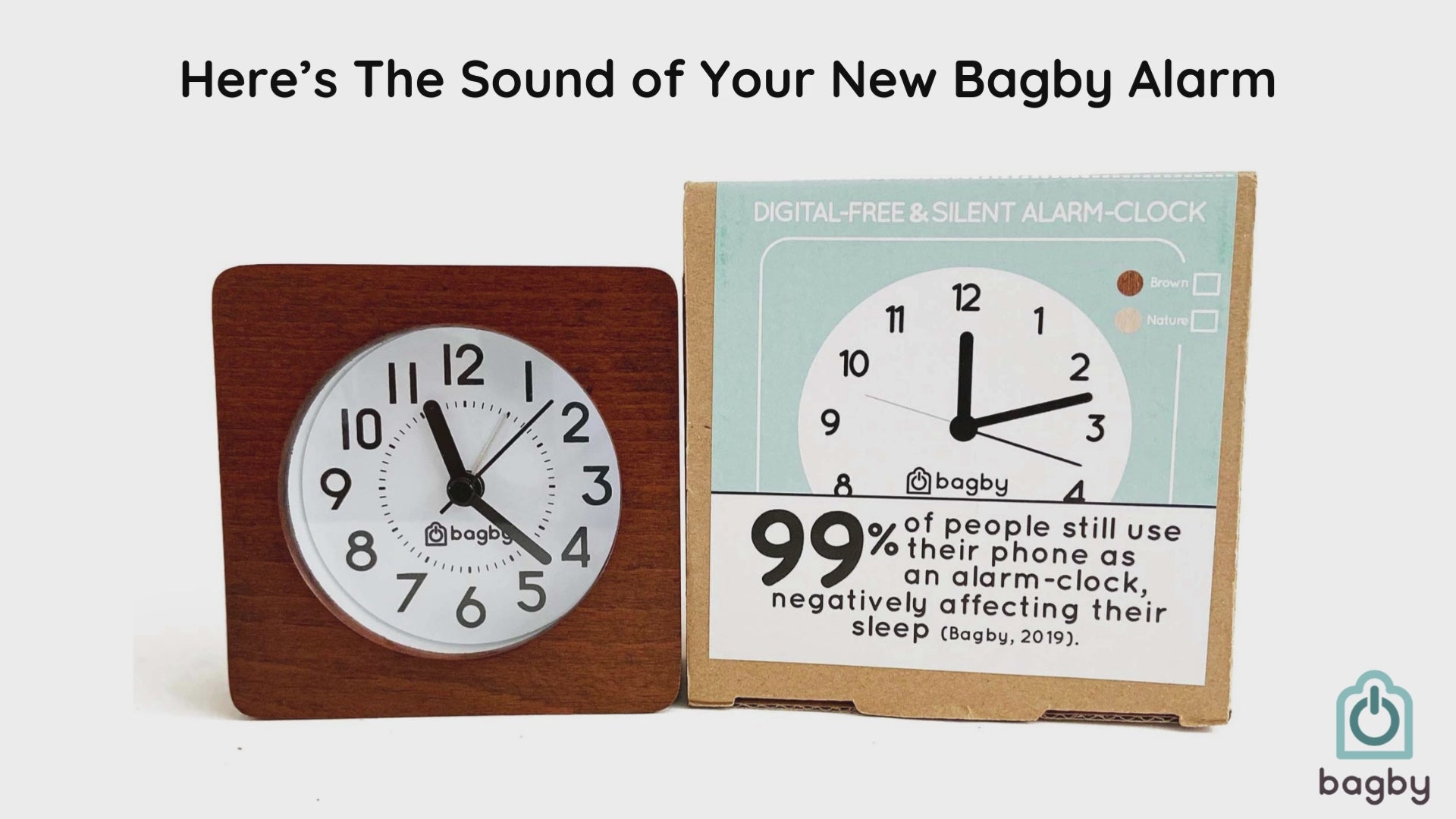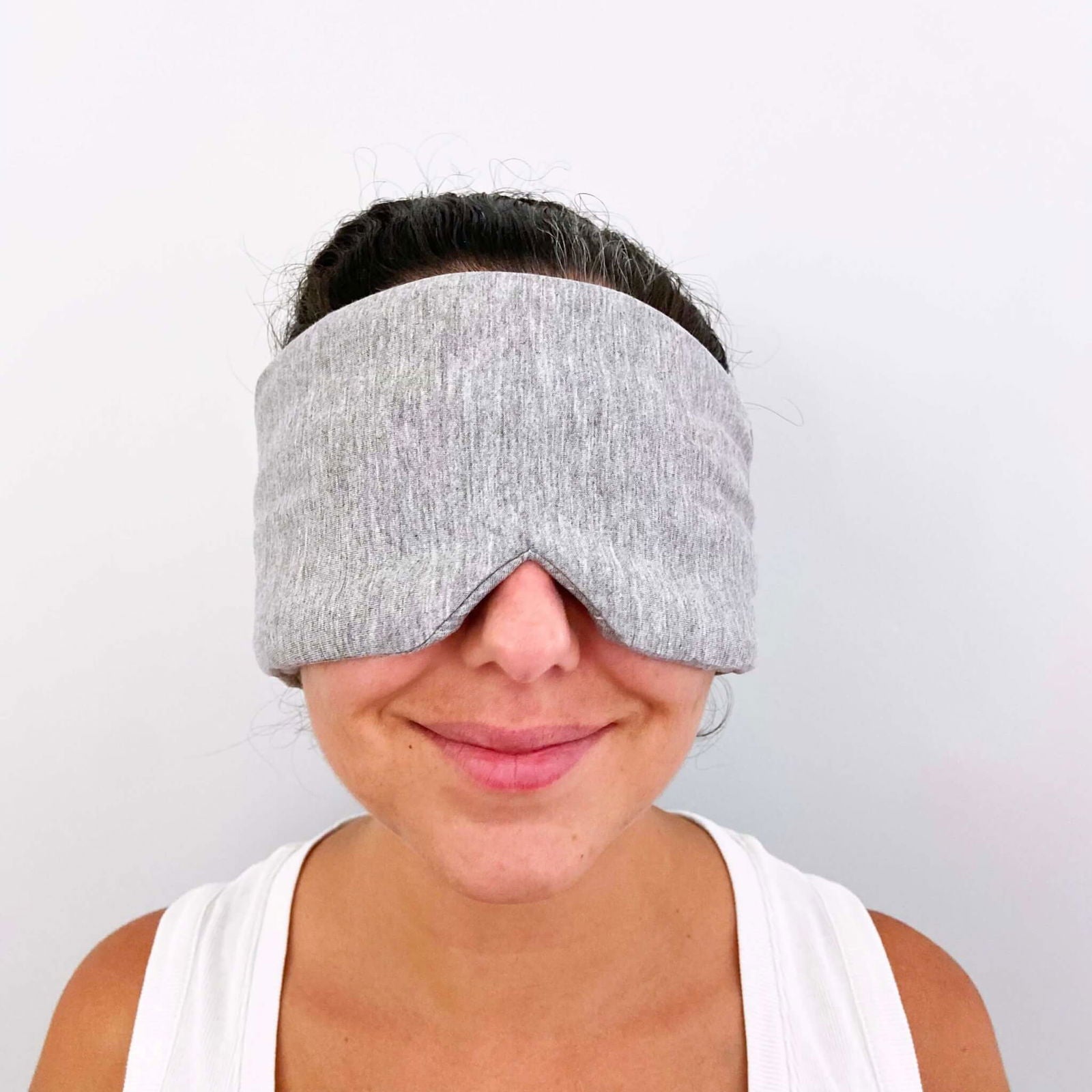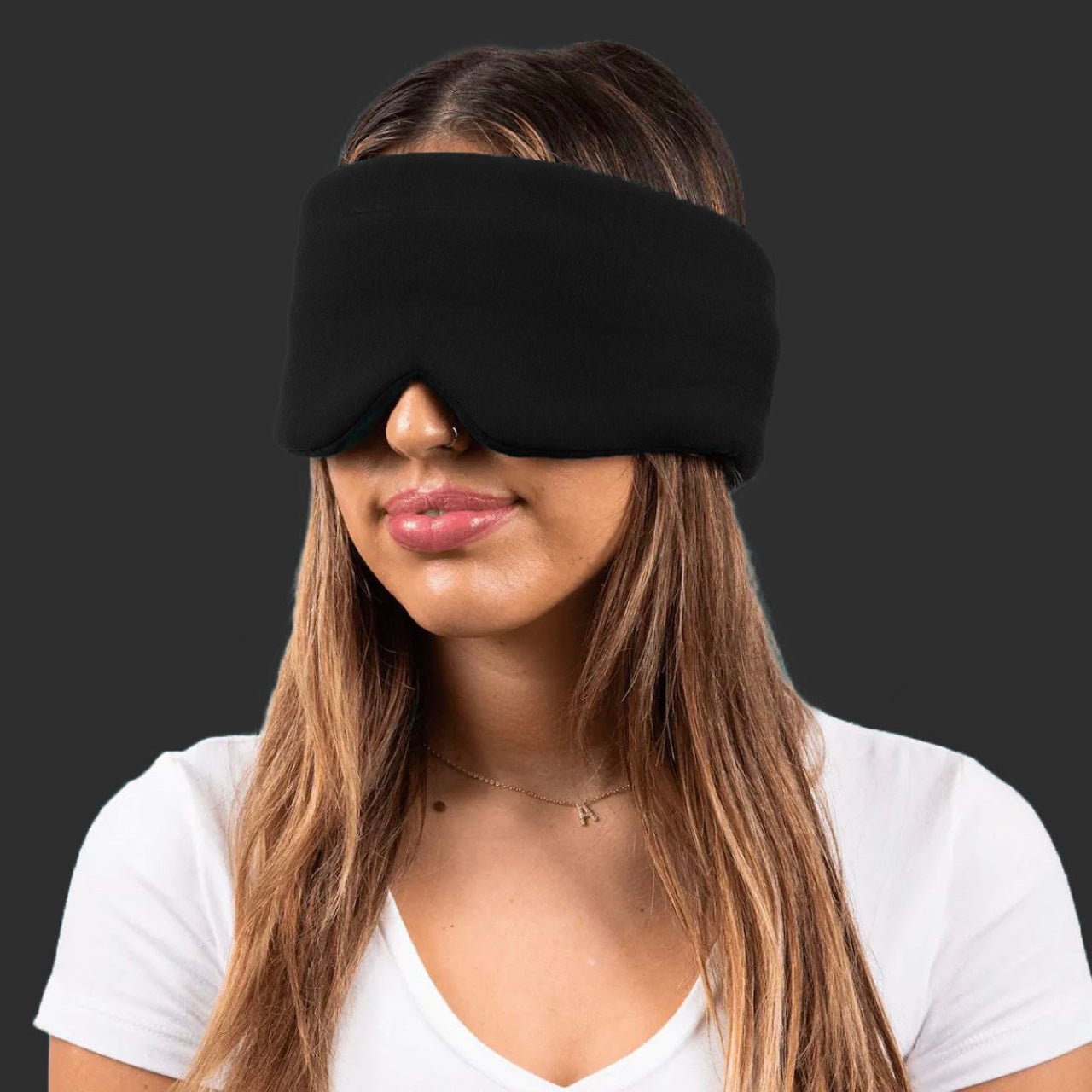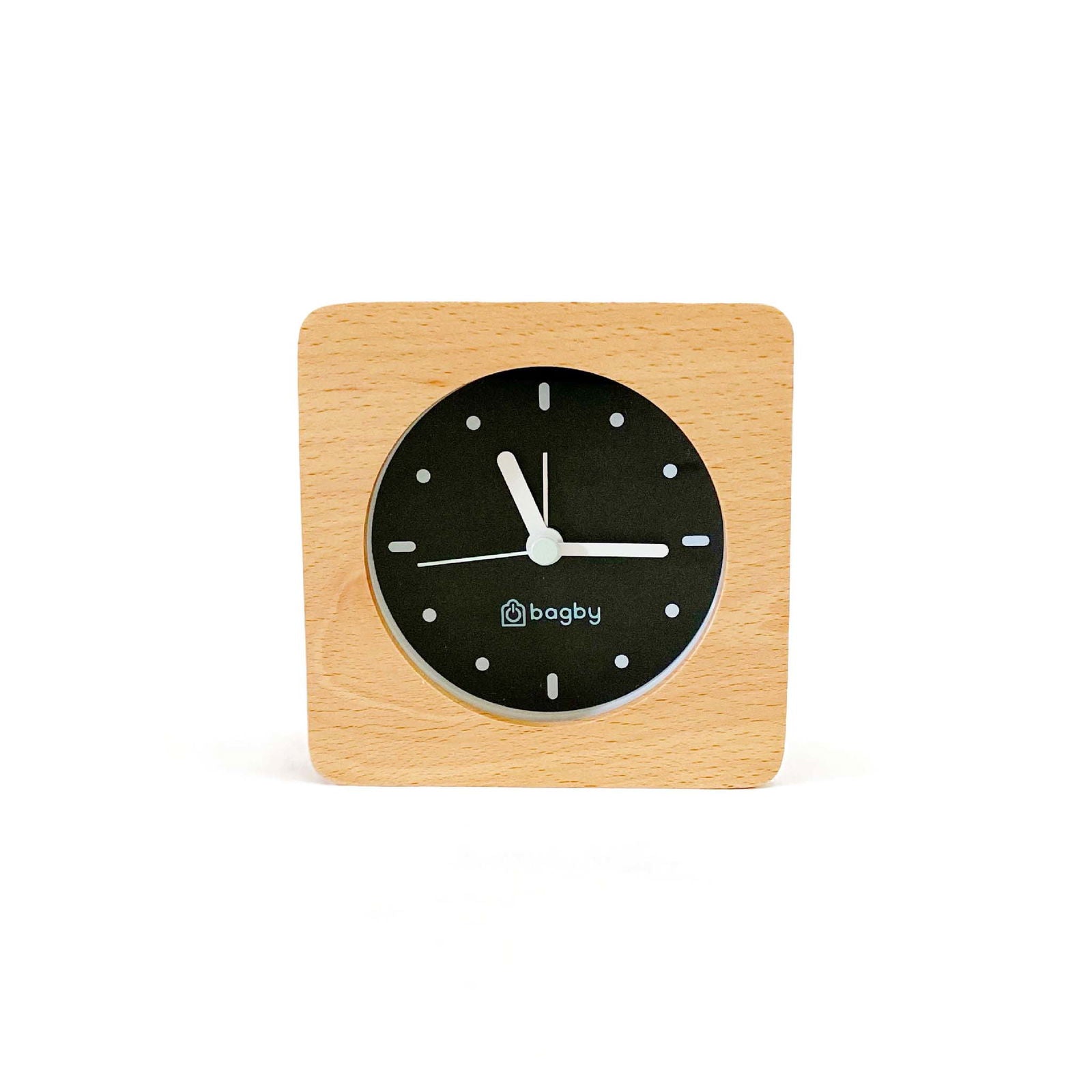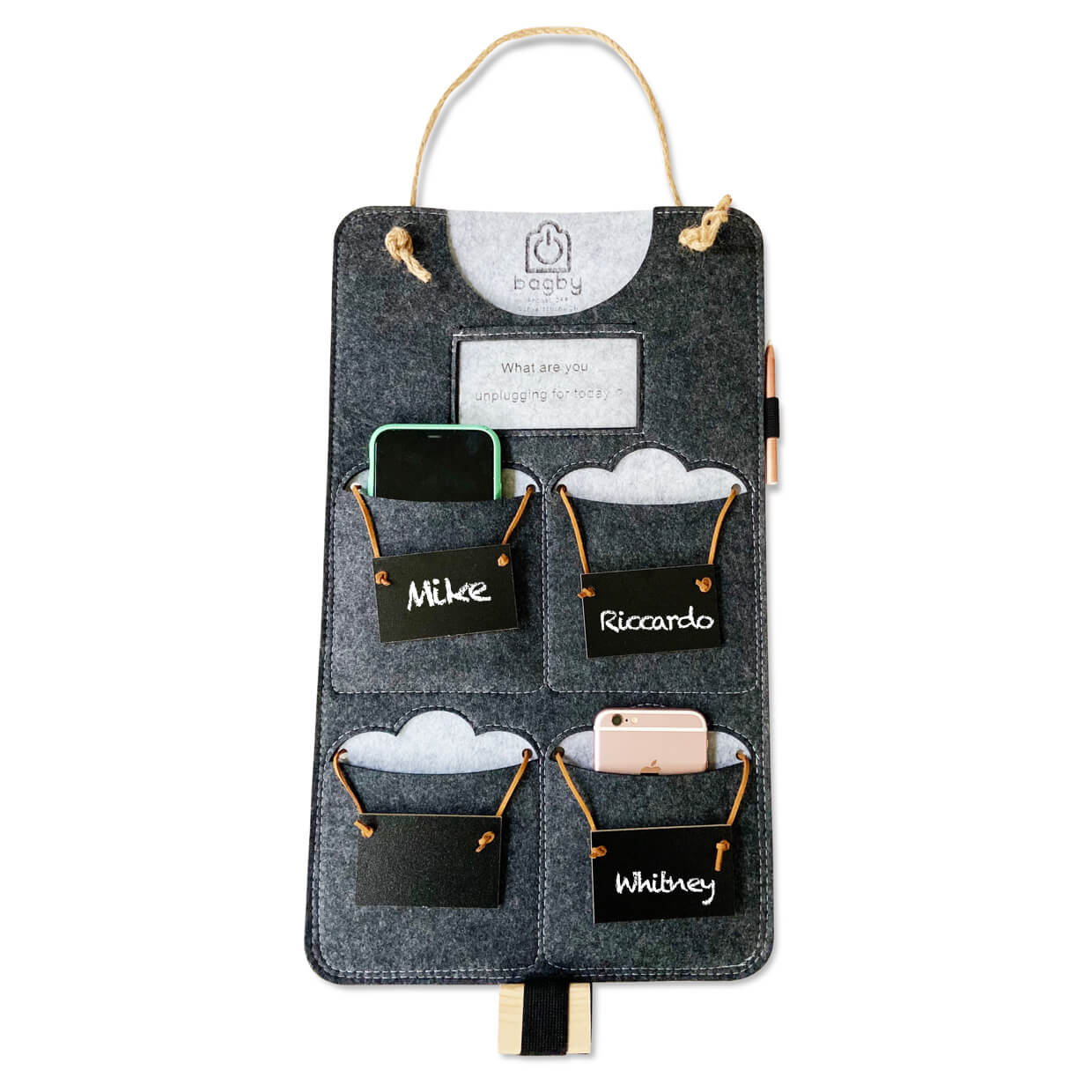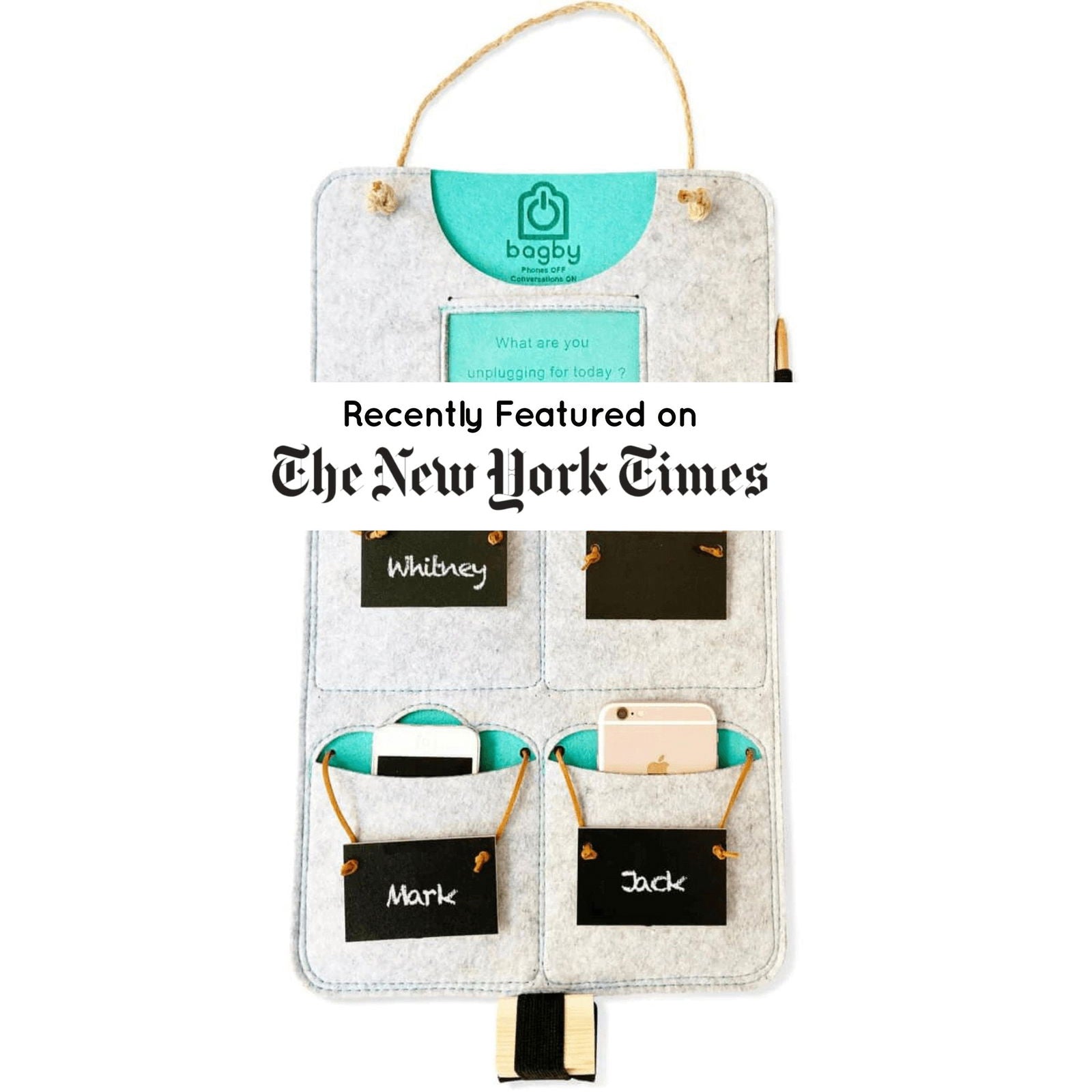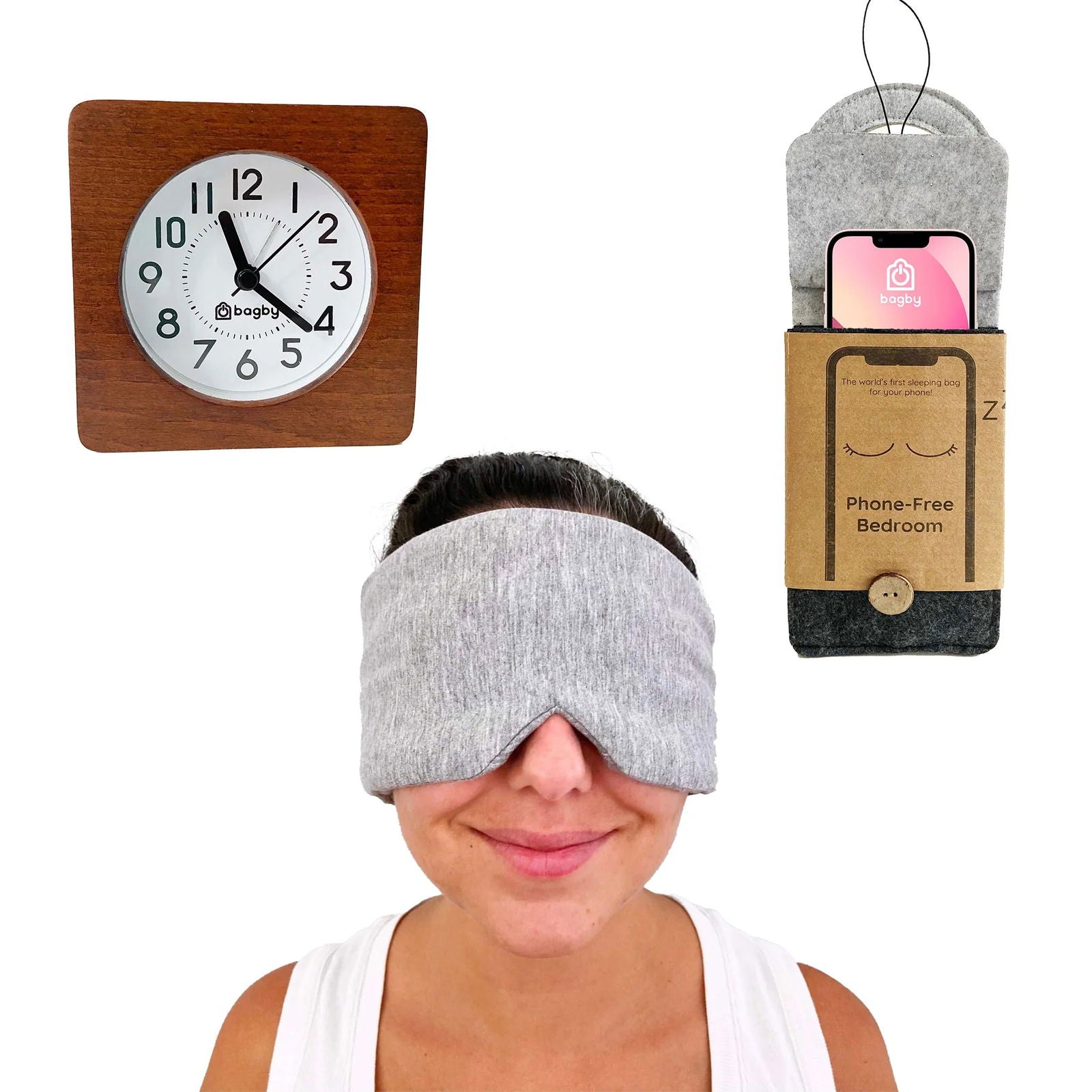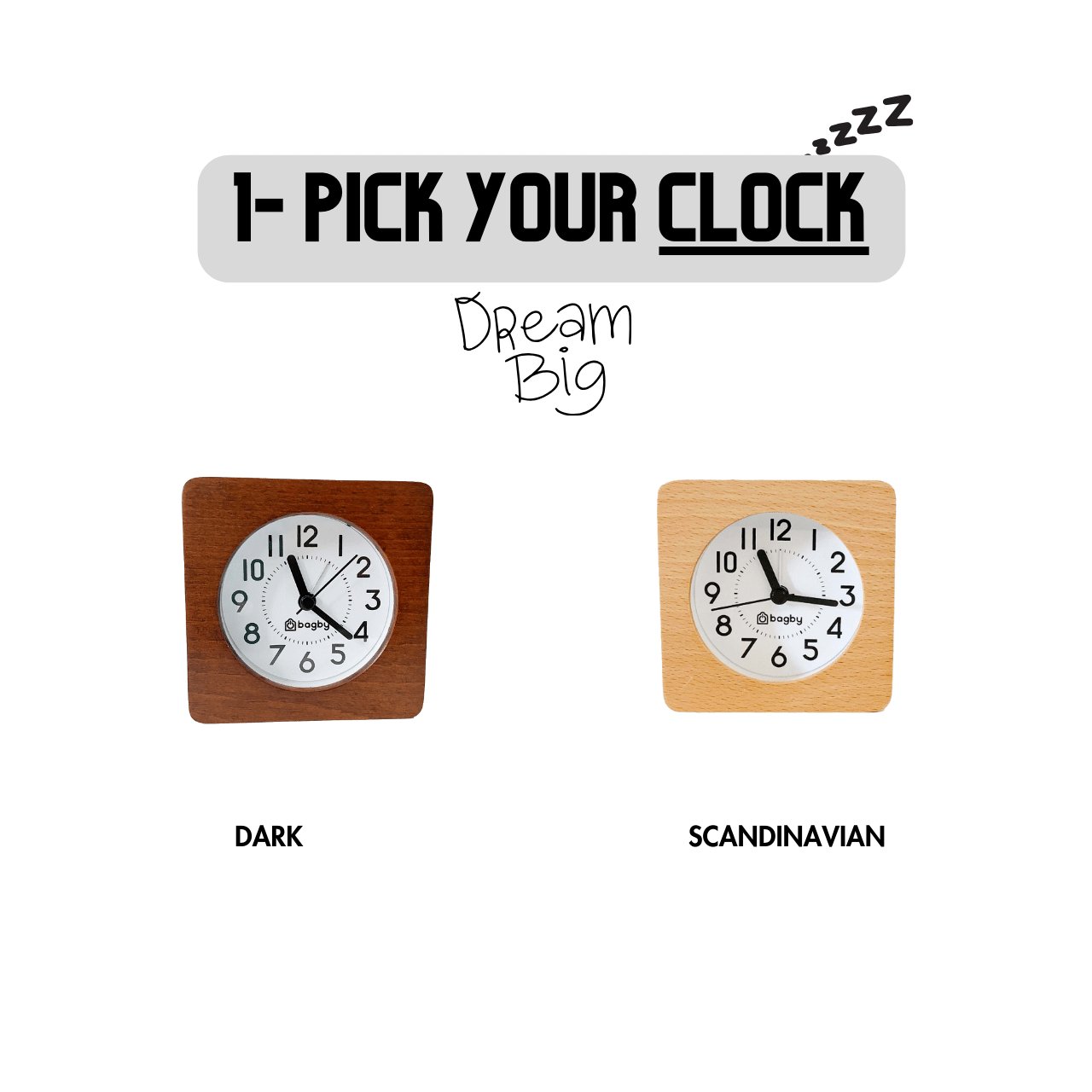When was the last time you were laser-focused on something for a long time with zero distractions?
You may say that you were totally in the flow last time you were at work. But let’s go back to your “in-the-flow” moment and ask that question again.
Was your phone around? Did you check your phone while you were working? Did you receive a notification (or ten)? Did you check in on your social accounts?
If you said no to all of the above, then congratulations!
You’re one of the few people who can ignore the tactics that the $398 billion consumer-tech industry uses to profit from your focus and attention. So, if you want, you can stop reading this guide here.
However, if you said yes to any of my questions, I want you to read this through.
Because this can be the start of you not giving away your valuable time to your gadgets. And instead, using your gadgets to strengthen your focus and productivity.
And as always, there’s a TL;DR at the end, which stands for too long; didn’t read. If you don’t have the time to read the whole text, you can jump to the bottom and quick start your productivity.
So, let’s begin.
You’re More Productive When You’re Single-Tasking
The root problem is that modern gadgets like cell phones and tablets are designed as if multitasking is a virtue.
There are badges, notifications, banners, and ads, all designed to create an environment of constant interruption and task-switching.

But what science says is that we’re much more (or even only) productive when we’re single-tasking.
Check out my post, “Technology & Distraction,” for more information on the tech-induced distractions surrounding us in our day-to-day lives.
But this problem isn’t without a solution. And the same gadgets that distract you can help you eliminate distractions and become more productive. How?
Here are the 5 ways you can turn your phone and computer into productivity tools.
Set Up Your Essential Home Screen
The first thing you need to do is to start thinking of your cell phone homepage as a group of apps that you feel you’re in charge of.
This means if there are apps that trigger mindless checking, move them to a different screen.
To make this easier, segregate these apps into three categories:
- Primary Tools: These apps fulfil your necessities, like finding a ride, searching for a location, adding appointments, and making calls. Identify no more than five to six apps for this category.
- Slot Machines: These are the kind of apps that you open and spend a long time mindlessly scrolling through. For example, Twitter, Facebook, Instagram, Snapchat, emails, etc.
- Aspirations: These are the apps that help you spend time doing things that benefit you. For example, yoga, meditation, exercise, books, podcasts, and more.
Once you identify these apps, rearrange your home screen, so only your primary tools and aspirations go there.
ALL OTHER APPS GO ONTO A DIFFERENT PAGE OF YOUR HOME SCREEN.
Turn Off (Almost) All Notifications
Notifications are the number one productivity killer. So, I want you to turn (almost all of) them off.
One of the primary rules of single-tasking is that you check your inboxes, social media, and other stuff on your schedule.

- Your social media DM will still be there
- Your new follower won’t unfollow you if you don’t check them instantly
- The video from your favorite creator won’t be delisted
- And your game won’t de-progress if you don’t play it until the evening.
So, there’s absolutely no harm in you turning off notifications from these apps.
Both Android and iOS provide a setting that you can use to turn off notifications in bulk. You can search for instructions for your specific phone online.
Add Do Not Disturb Mode to Your Phone & Computer
You can find the “Do Not Disturb” mode in any operating system, be it Android, iOS, Mac OS, Windows, or Linux.
This is a super important feature that, when you turn it on, limits the distractions from these devices so you can laser focus on what you’re doing.
You can simply search for “How to turn on ‘Do Not Disturb’ mode on
Use The Pomodoro Technique
Developed in the late 1980s, the Pomodoro Technique is one of the most beneficial productivity tools that can significantly enhance your focus and productivity.
Focusing continuously on a single task can mentally tire you, causing you to lose focus. The end result is a big dent in your productivity.

The Pomodoro Technique is designed to give your brain a much-needed break when you’re working.
One Pomodoro consists of 25 minutes of laser focus and 5 minutes of break time. You can also change this to 50 minutes of constant focus and 10 minutes of breaks after that.
These regular breaks allow your brain to stay fresh, keeping you focused and productive.
You can find the Pomodoro app on both Google Play and App Store. You can also download the Pomodoro extension for your browser, provided you use a chromium-based browser like Google Chrome or Brave.
Start Journalling
Winging your day is not exactly good for productivity. For one, you can end up wasting away the majority of your time thinking about what to do rather than actually doing it. Secondly, you can get stuck doing activities that don’t contribute to your most important goals.
To counter this, you can plan your day ahead. Take 15 minutes in the morning, open your journal, and start writing.

You can begin by writing your #1 goal for the day and continue the list based on the urgency of the task. Try to keep your day’s list at no more than five key goals or priorities: more than that and you’ll be spreading your focus too thin.
Another one of the potent productivity killers is stress and worrying about what you’re not achieving.
And journalling can help you with that.
In the evening, take a bit of time to reflect on your day and think about what you achieved and what you’re grateful for.
Research shows that gratitude practice is powerful for well-being. And consciously counting your achievements from the day—even small wins—is highly motivating.
Once you identify those things, start writing them in your journal.
Now there are many apps you can use for your journal entries, but I recommend you go with a physical journal.
That’s because:
- Studies show that when you write on a paper, it takes you longer and thus encourages deeper mindfulness. And since it will give you more time with your thoughts, you remember more and become more inclined to follow through.
- Writing is more personal
- And finally, writing gives you a much-needed screen break.
Here’s something that can help you with your daily journaling needs.
Self Journal by BestSelf
Self Journal by https://shrsl.com/3wctdBest Self is a 13-week goal planner backed by science and success psychology. It’s designed to optimize your day, tackle your goals, and help you live a more fulfilled life.

The Self Journal will help you:
- Set, plan and track progress toward your biggest goals
- Be more productive, overcome decision fatigue and focus on what matters most
- Prioritize your workload, build good habits and make every day count
TL;DR (Too Long; Didn’t Read)
If you’re here after reading the whole guide, I’d like to thank you for supporting our efforts to make your relationship with technology a safer, healthier one.
And if you’re here because you don’t have time to read the whole text, here’s the TL;DR as promised.
- Set Up Your Essential Home Screen: Your home screen should only consist of apps that are necessary for you to get the day by. All other apps can go to another screen.
- Turn Off (Almost) All Notifications: Notifications are a #1 productivity killer. So, turn them off.
-
Add Do Not Disturb Mode to Your Phone & Computer: Search online for “how to enable Do Not Disturb on
.” - Use The Pomodoro Technique: Focus for 25 minutes and take a 5 minutes rest for maximum productivity.
- Start Journalling: Plan your day ahead, and end your day by jotting down what you achieved and what you’re thankful for.

